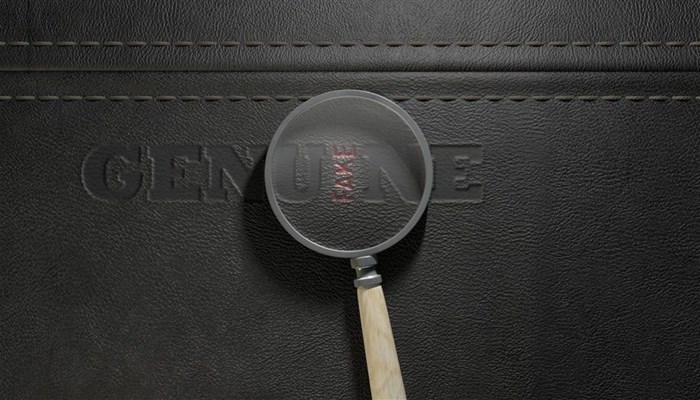Businesses that export goods to Kenya, have until 1 January 2023 to register their Intellectual Property Rights (IPR) with the ACA. Failure to register will result in goods being stopped at the border as well as criminal and civil liability.
According to the Kenyan Anti-Counterfeit Authority (ACA), the number of imported counterfeit goods rose from 726 billion in 2018 to 826 billion in 2019 and between 70-80% of goods imported into Kenya are counterfeit.
Counterfeiting has a devastating effect on the economy. To combat this, the ACA has, over the last four years, been working on a recordation system to reduce counterfeit goods entering the Kenyan market. Recordation is aimed at enabling border officers to take intervention measures against counterfeit goods in an efficient manner.
Section 34(b) of the ACA makes it mandatory for IPRs relating to goods to be imported into Kenya to be registered. Previously, under the 2010 Anti-Counterfeit Regulations, the Anti-Counterfeit Agency (now the ACA), was merely mandated to maintain and make available for searches, a database of IPRs submitted to it by IPR owners. IPR owners, therefore, had the discretion of whether or not to submit details of their IPRs. The Act has changed this position. It requires copyright, trademarks, plant breeders’ rights, patents, industrial designs, and utility models to be recorded through an online portal made available by the ACA.
The recordation will be valid for a period of one year from the application approval date or the IPR registration period - whichever is shorter. A new application for recordation has to be made upon the expiry of the one-year period. There are various requirements for recordation, some of which include the full details of the IPR owner, the places where the original goods were manufactured, photographic representations of the goods, the identity of any subsidiary company using the IPRs and the relevant IPRs certificates of registration.
Any party importing goods into Kenya bearing an IPR that has not been recorded at the ACA commits an offence and shall be convicted. In the case of a first conviction, the charge is imprisonment for a term not exceeding five years, or a fine, in respect of each article or item involved in the particular act of dealing in counterfeit goods to which the offence relates, not less than three times the value of the prevailing retail price of the goods or both. In the case of a second or subsequent conviction, the charge is imprisonment for a term not exceeding 15 years, or a fine, not less than five times the value of the prevailing retail price of the goods or both.



























